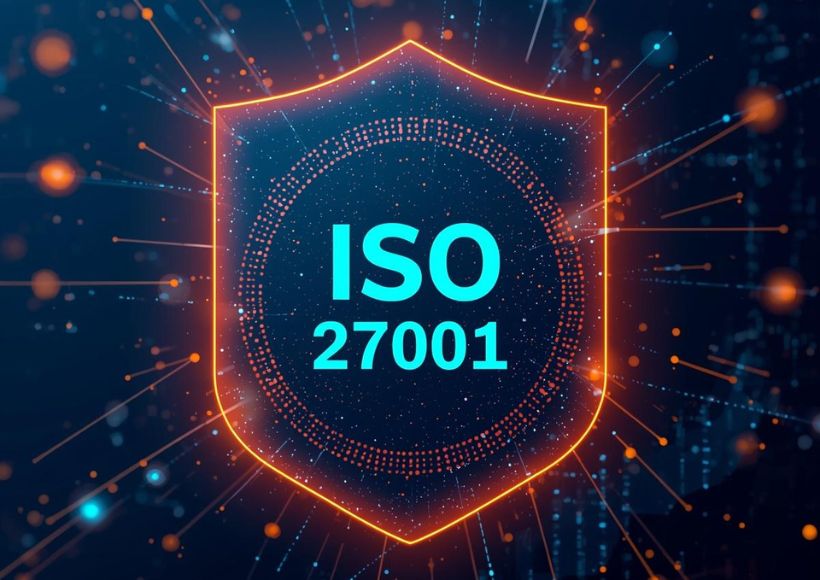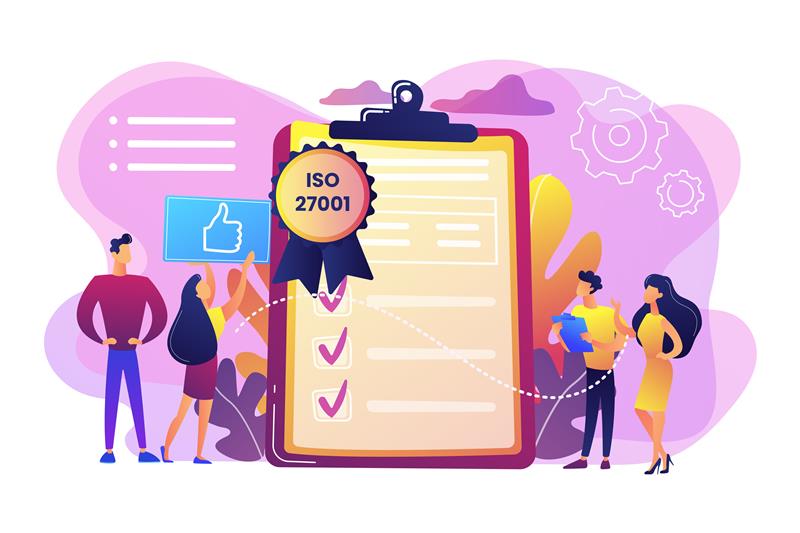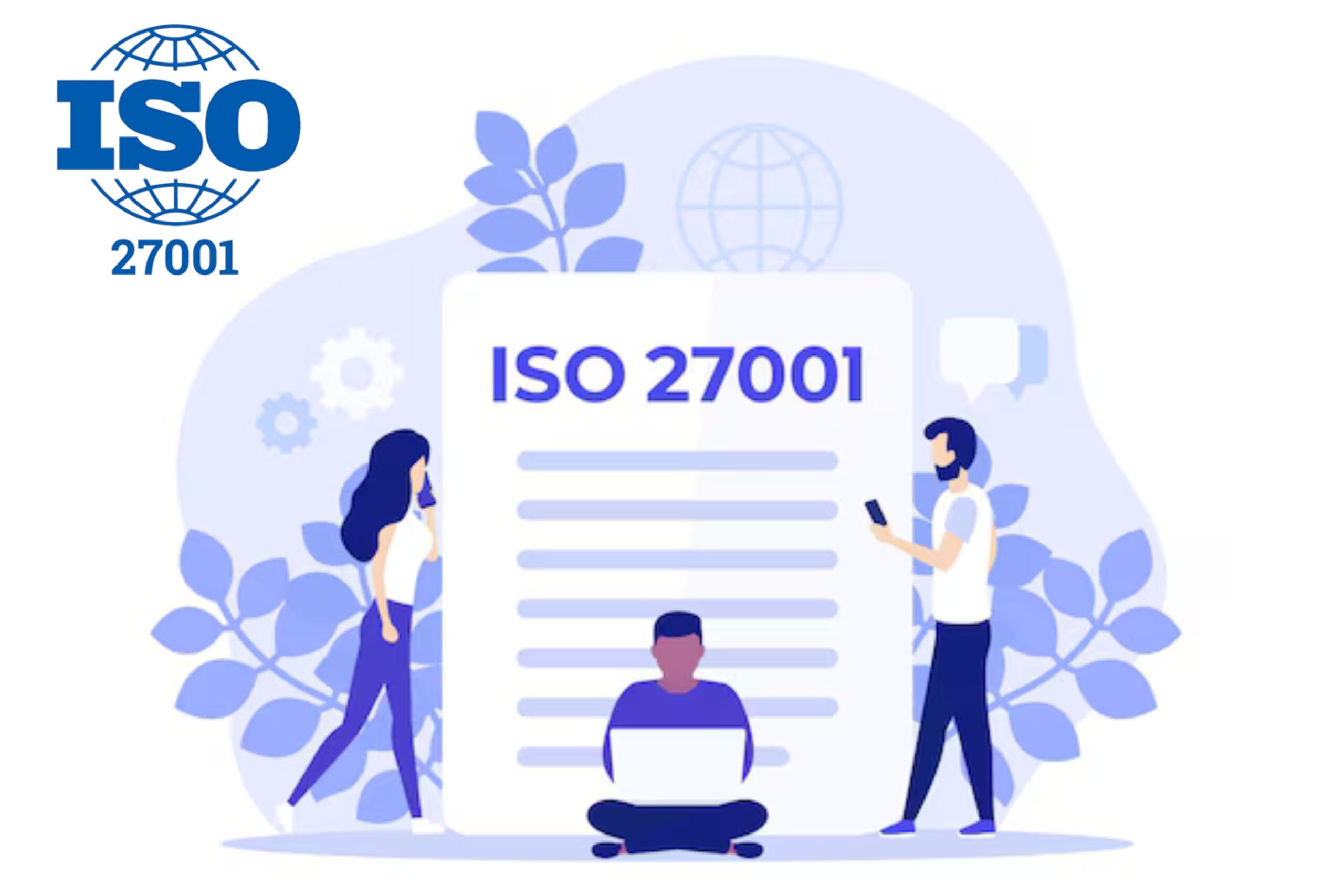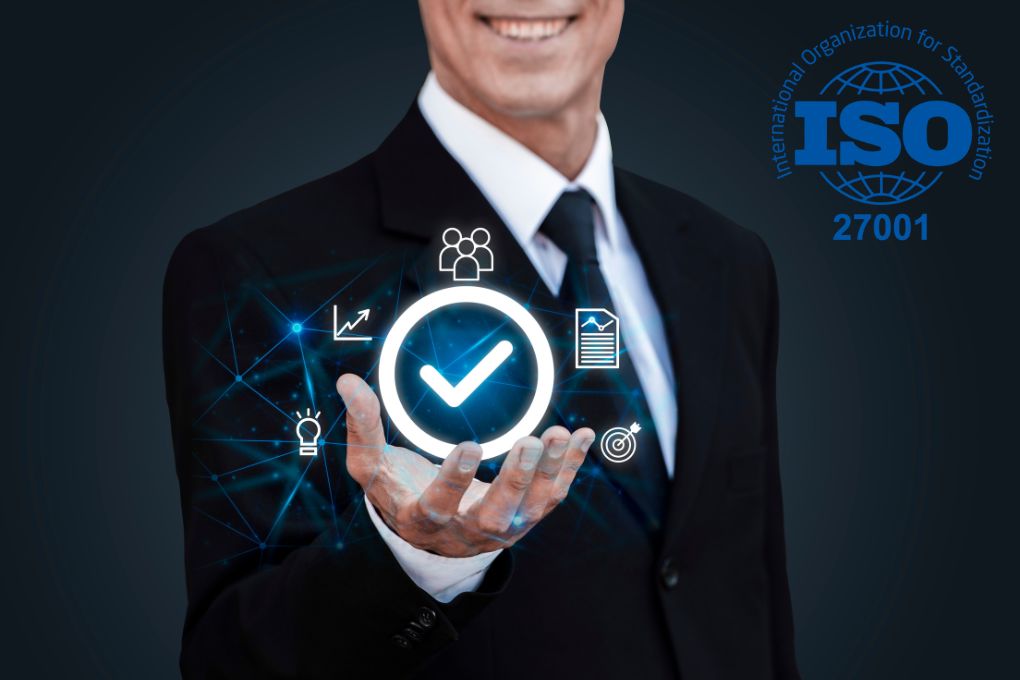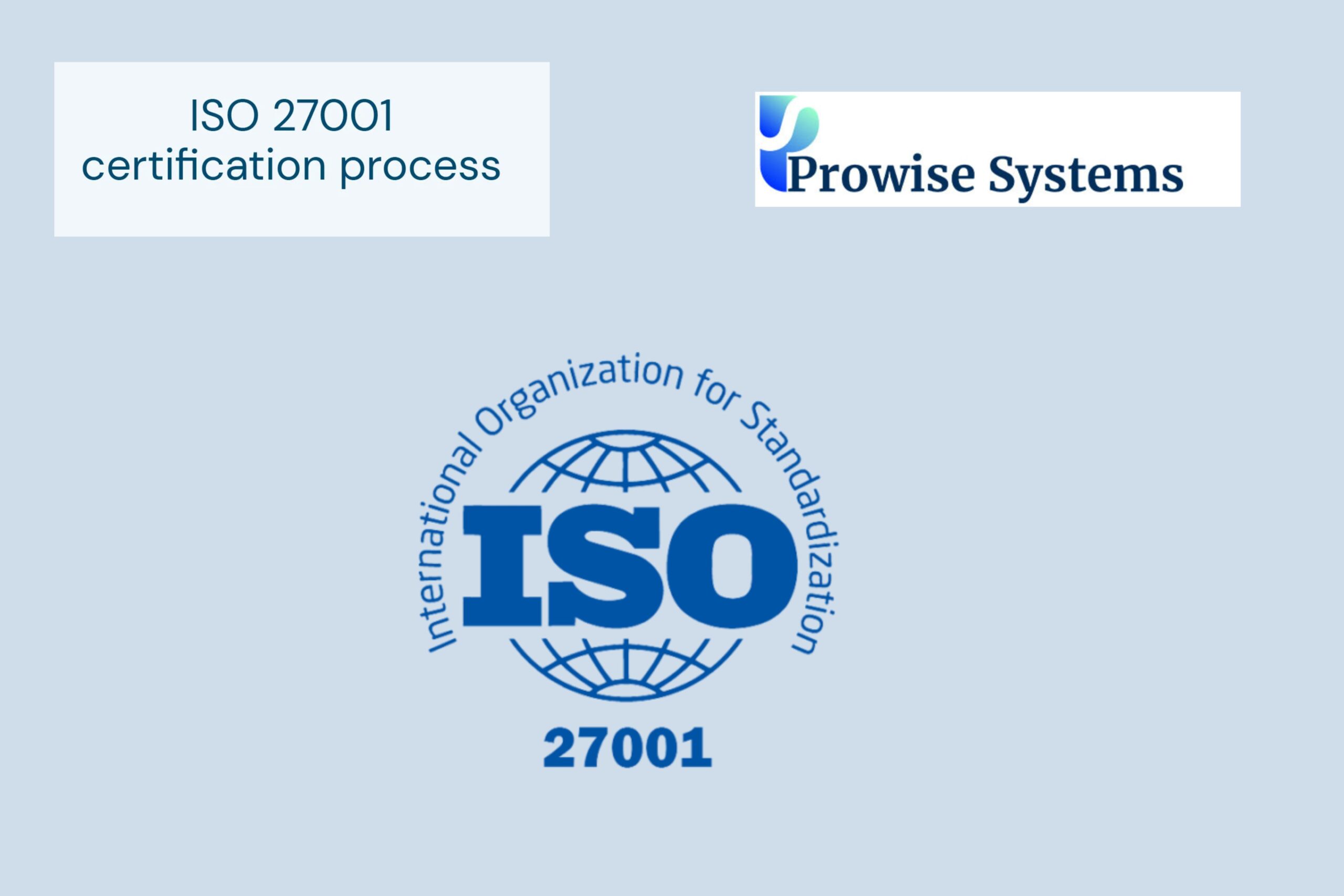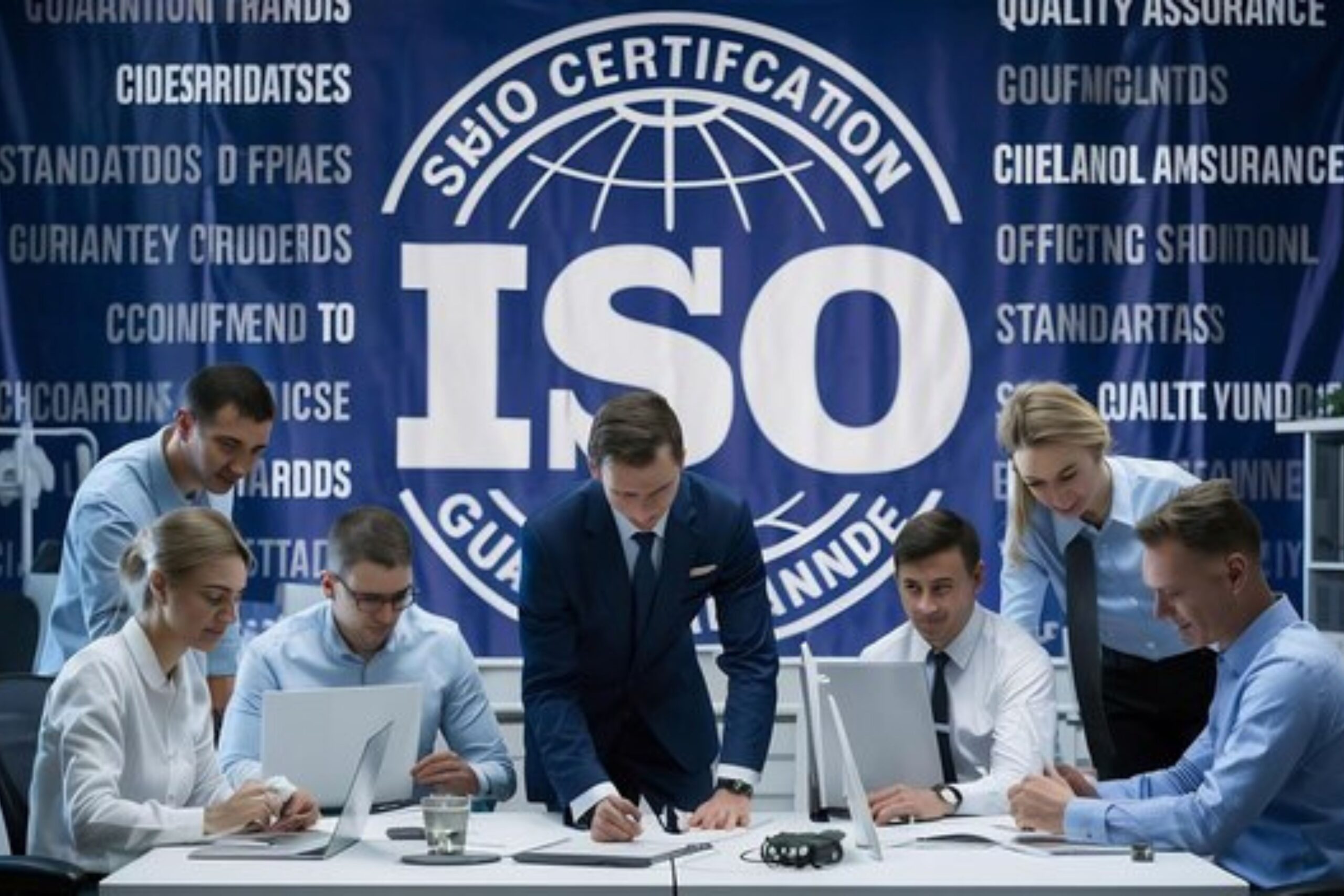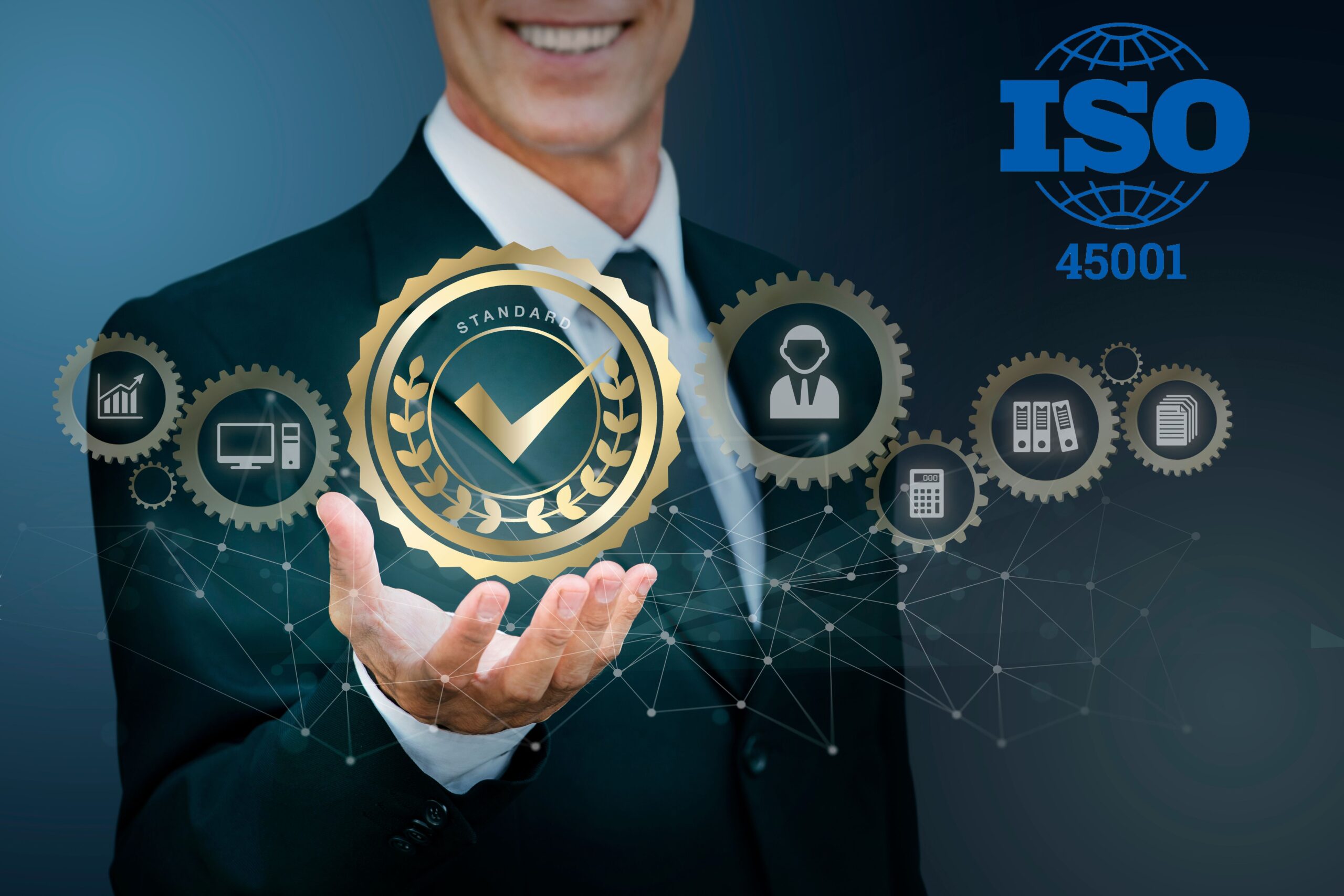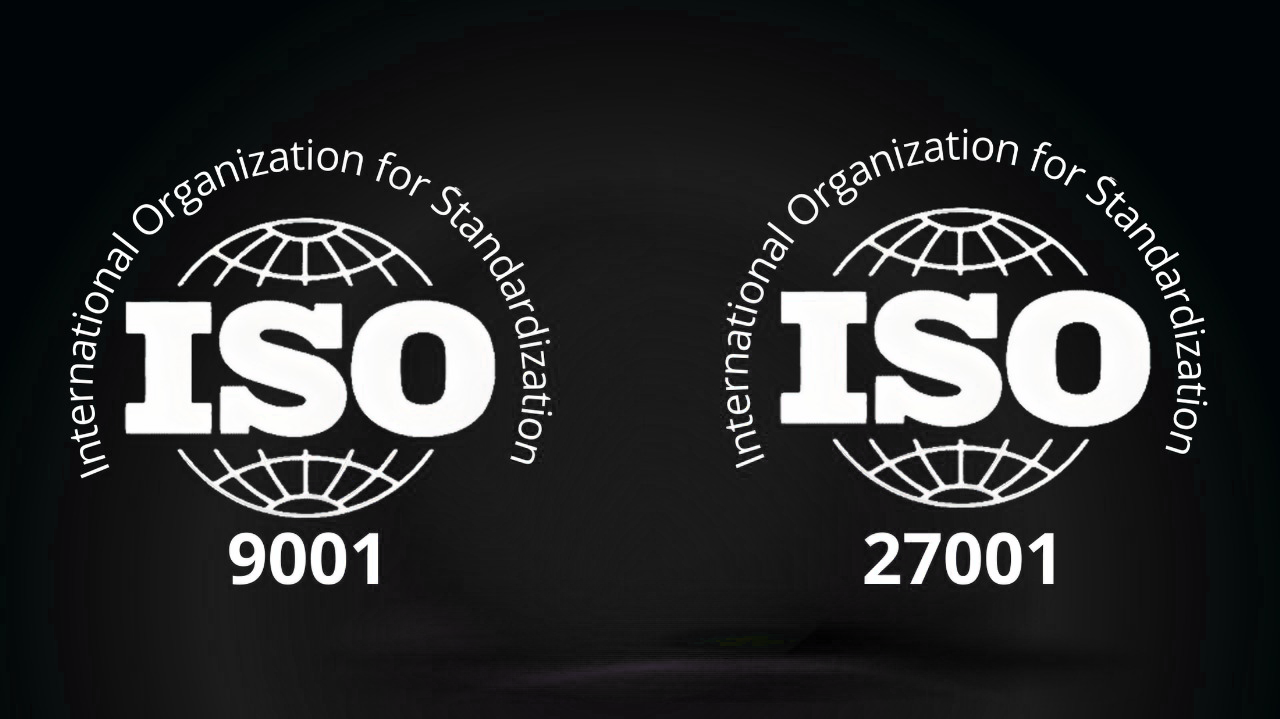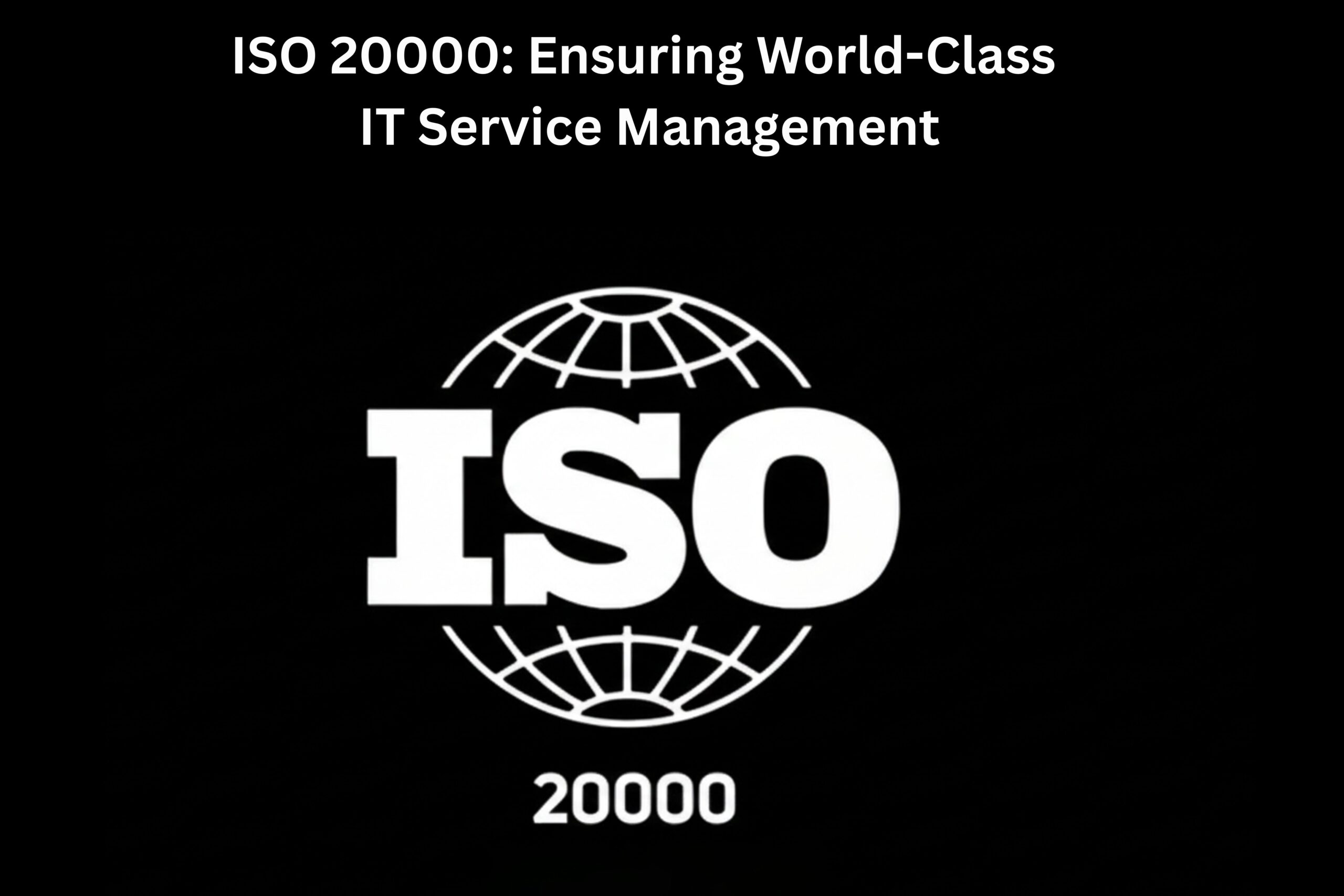Information security protects business data from loss, misuse, and disruption. Every organization stores sensitive information such as customer records, contracts, and financial data. When this information is exposed, the damage affects trust, revenue, and compliance. ISO 27001 provides a clear and practical system to manage these risks.
This article explains the basic logic of ISO 27001, how information security works, and why the standard remains effective across industries.
What ISO 27001 Is Designed to Do
ISO 27001 is an international standard for managing information security. It defines how to build and maintain an Information Security Management System (ISMS). The purpose is direct. Identify risks to information. Apply suitable controls. Review and improve them regularly.
ISO 27001 does not focus only on technology. It also addresses employee behavior, internal processes, and third-party relationships. This broad scope makes ISO 27001 information security practical for real business environments.
A clear overview of the standard and its structure can be found in this guide on ISO 27001 certification requirements
The Core Principles of Information Security
Information security under ISO 27001 is built on three core principles:
- Confidentiality ensures that only authorized users access data
- Integrity ensures that information remains accurate and complete
- Availability ensures that information is accessible when required
Every ISO 27001 control supports one or more of these principles. This structure keeps security focused and avoids unnecessary controls that slow operations.
Risk-Based Logic in ISO 27001
Risk management is the foundation of ISO 27001 information security. The standard does not apply the same controls to every organization. Instead, it requires businesses to assess their own risks.
The process includes:
- Identifying information assets
- Identifying threats and vulnerabilities
- Evaluating impact and likelihood
- Selecting appropriate risk treatments
Risk treatment may include mitigation, acceptance, transfer, or avoidance. This flexibility allows ISO 27001 to work for small companies and large enterprises alike.
Security Controls That Support the ISMS
ISO 27001 includes a set of controls listed in Annex A. These controls cover areas such as:
- Access control
- Asset management
- Cryptography
- Physical and environmental security
- Incident response
- Supplier and third-party security
Organizations select controls based on risk assessment results. This ensures relevance and reduces complexity. Policies define intent, procedures define action, and records demonstrate compliance.
Continuous Improvement Keeps Security Effective
Threats evolve. Business processes change. Technology updates introduce new risks. ISO 27001 addresses this through continuous improvement.
The ISMS follows the Plan–Do–Check–Act cycle:
- Plan security objectives and controls
- Do implement and operate controls
- Check monitor performance and audit results
- Act correct issues and improve the system
This cycle ensures ISO 27001 information security remains aligned with business goals and regulatory requirements.
How Long ISO 27001 Certification Takes
Certification timelines vary based on organization size, scope, and readiness. Companies with structured processes often move faster. Others require more preparation.
A clear explanation of timelines, audit stages, and preparation phases is available in this guide on how long it takes to get ISO 27001 certified:
Understanding the timeline helps teams plan resources and avoid delays.
Business Benefits of ISO 27001 Information Security
ISO 27001 delivers more than compliance. It improves risk visibility, strengthens customer trust, and supports legal obligations. Organizations also experience fewer security incidents and better internal accountability.
The operational and commercial advantages are explained in this overview of the benefits of ISO 27001 certification:
These benefits make ISO 27001 information security a long-term business investment.
How Prowise Systems Supports ISO 27001 Implementation
Prowise Systems helps organizations implement ISO 27001 with clarity and structure. Their approach focuses on real risks, not generic documentation.
Prowise Systems works closely with clients through consultations and guided workshops. They assist with scope definition, risk assessment, control selection, and ISMS documentation. Their services include gap analysis, implementation support, internal audits, and certification readiness.
Clients interact directly with experienced consultants who explain requirements in simple terms. This reduces confusion and speeds up implementation while maintaining compliance.
Conclusion
The basic logic of ISO 27001 is straightforward. Identify information risks. Apply suitable controls. Monitor and improve continuously. Information security works best when it supports business objectives rather than disrupting them.
ISO 27001 information security turns protection into a managed process. With the right planning and expert guidance, organizations can protect sensitive data, meet compliance needs, and build long-term trust. When implemented correctly, ISO 27001 strengthens both security and business resilience.
FAQs
1. What is the main purpose of ISO 27001?
The main purpose of ISO 27001 is to help organizations protect sensitive information through a structured management system. It focuses on identifying risks, applying appropriate security controls, and continuously improving information security practices. ISO 27001 information security aligns security efforts with real business risks.
2. Is ISO 27001 only applicable to IT companies?
No. ISO 27001 applies to any organization that handles information. This includes healthcare, finance, manufacturing, education, and service-based businesses. ISO 27001 information security covers people, processes, and technology, not just IT systems.
3. How does ISO 27001 improve information security in daily operations?
ISO 27001 improves daily operations by defining clear policies, access controls, and incident response procedures. Employees understand their security responsibilities, and risks are managed before incidents occur. This reduces data breaches and operational disruptions.
4. Is ISO 27001 certification mandatory by law?
ISO 27001 certification is not legally mandatory in most countries. However, it helps organizations meet legal, regulatory, and contractual requirements related to data protection. Many clients and partners require ISO 27001 as a trust and compliance standard.
5. Who should be involved in ISO 27001 implementation?
ISO 27001 implementation requires involvement from top management, IT teams, process owners, and employees who handle information. Leadership support is critical because ISO 27001 information security depends on organizational commitment, not just technical controls.

